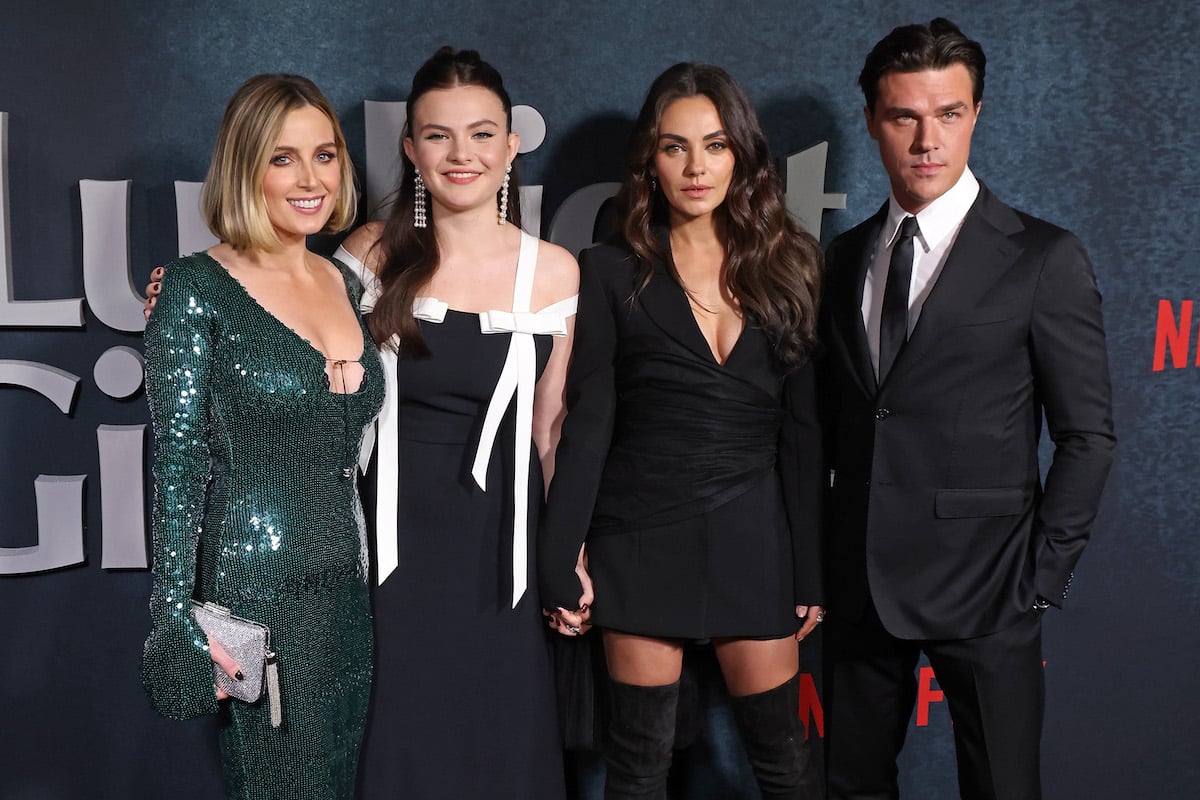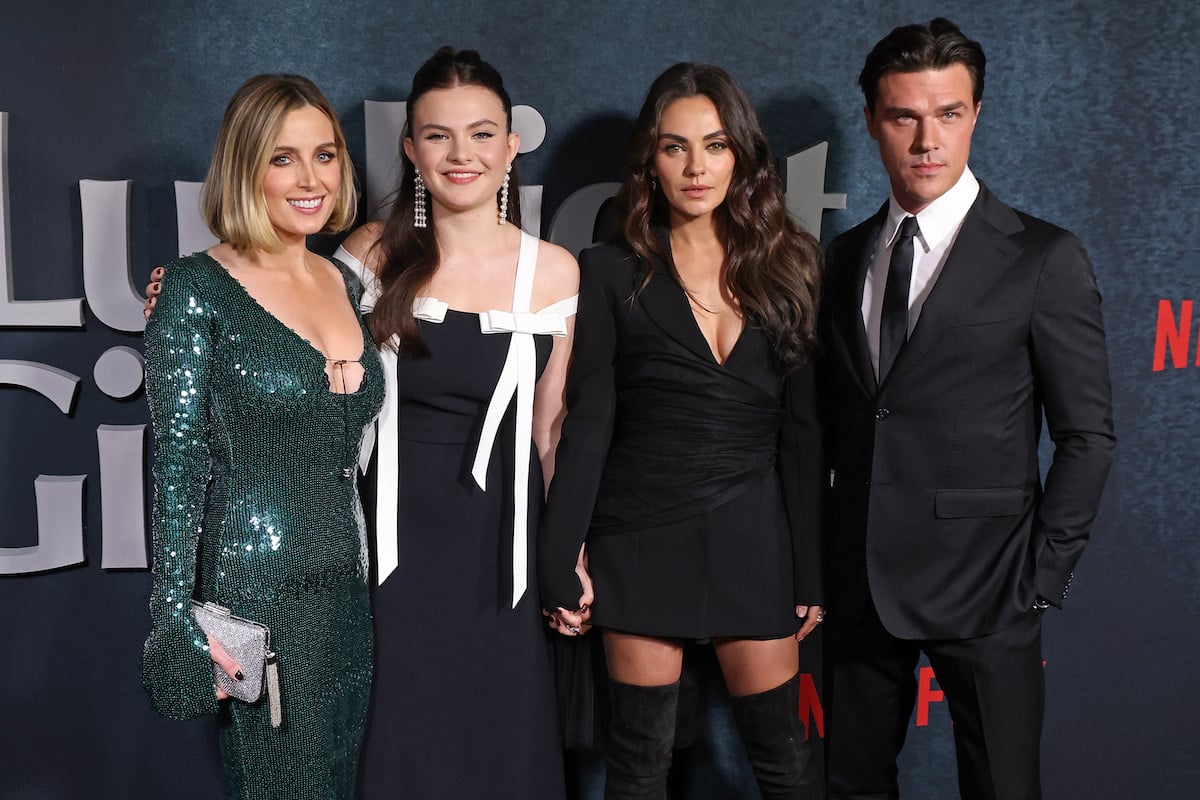
‘Luckiest Girl Alive’: Mila Kunis Insisted Jessica Knoll Change the Ending of the Netflix Film
Netflix’s Luckiest Girl Alive is based on Jessica Knoll’s 2015 novel of the same name. The author wrote the screenplay to fit her initial vision. But after actor Mila Kunis read the script, she insisted Knoll change the ending.
Jessica Knoll was adamant about writing the ‘Luckiest Girl Alive’ screenplay

When Knoll wrote Luckiest Girl Alive, she based some of her character Ani FaNellli’s trauma on her own life experiences. So when the book was being optioned for a film, she insisted that she write the screenplay.
“I was completely 100% obsessed [and] fixated on being the one to adapt it myself, even though I didn’t have any screenwriting experience,” Knoll told The Hollywood Reporter. “The idea that someone else may potentially adapt this story that I felt there was so much of me and my own story and my voice in it, it just made me feel crazy.”
“I was like, ‘No one else could touch this but me,'” she recalled. “I felt super protective over [the character] Ani.”
Producers gave Knoll the green light and let her write the script. And she was more than happy to collaborate and get input from her colleagues.
“Obviously, [working on a] film is much more collaborative than sitting by yourself writing a book,” Knoll explained. “You have much more autonomy with a book than you do with a script. So, I was excited to work with executives, producers, directors [and] actors who had been doing this for a long time, who could give me feedback and we would all kind of shape it together. “
Mila Kunis asked Jessica Knoll to change the ending of ‘Luckiest Girl Alive’
In her chat with The Hollywood Reporter, Knoll admitted that her initial script for Luckiest Girl Alive included an ending that “wasn’t quite working.” When she sent it to Kunis for feedback, the actor noted that Ani’s story shouldn’t end with her still trying to be “better” than everyone expected. So she suggested a different ending based on the character’s emotional evolution.
“Mila came back saying that she loved it, but the ending wasn’t there,” Knoll recalled. “Her point was there isn’t enough of an arc for this character. So we started thinking about what would show actual growth for this character, and we started having conversations like that.”
When rewriting the ending of ‘Luckiest Girl Alive,’ Jessica Knoll thought about her own life
At the end of Luckiest Girl Alive, Ani exposes the story of her assault in an op-ed and then leaves her fiance on their wedding day. She decides that her perfect life isn’t as important as she thought. And she chooses to focus on her life and career on her own.
To write this ending for the Netflix movie, Knoll drew from her own life experience. “I had to start thinking about what were the meaningful things that happened to me in the wake of publishing the book and writing the essay,” she explained to The Holywood Reporter while referring to her 2016 Cosmopolitan essay, Why I’m Telling the Truth About My Rape.
Knoll talked about how meaningful it was to hear from other women who had experienced similar situations. And she said that it helped her feel “less alone and connected.”
“I think it’s never a bad thing when we feel more connected to other human beings ’cause I think sadly there’s just a lack of that in general in our world these days,” Knoll added. “So those were really powerful things that we wanted to infuse into the ending.”
How to get help: In the U.S., call the RAINN National Sexual Assault Telephone Hotline at 1-800-656-4673 to connect with a trained staff member from a sexual assault service provider in your area.


